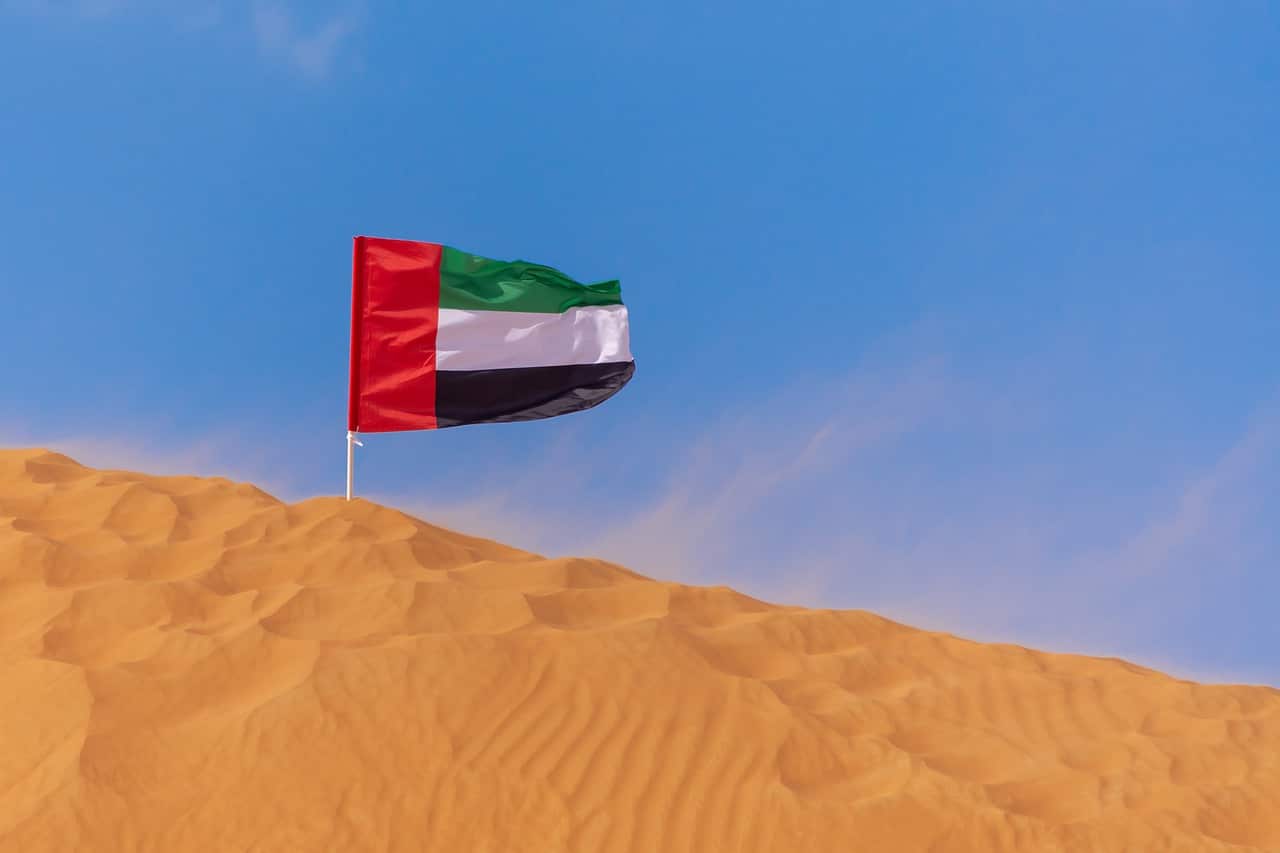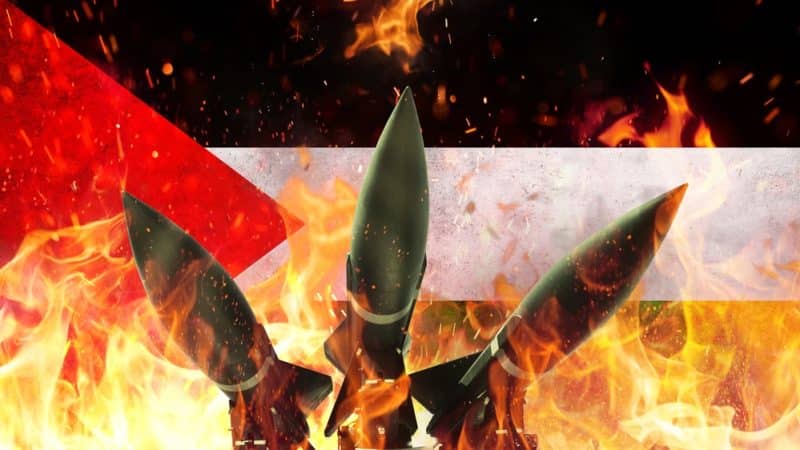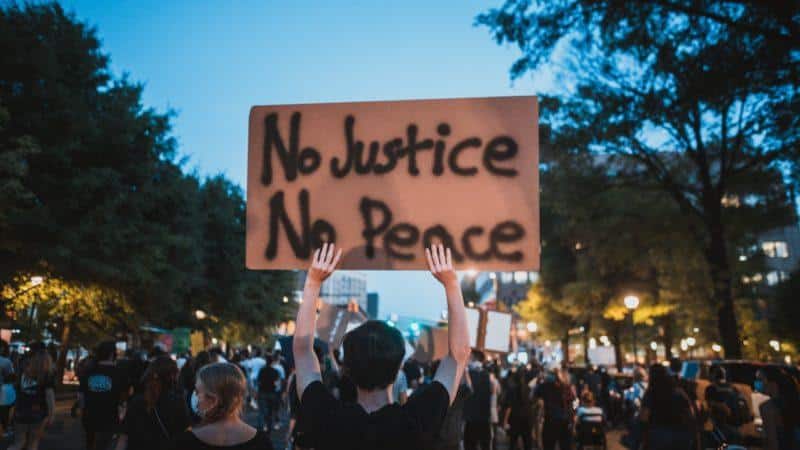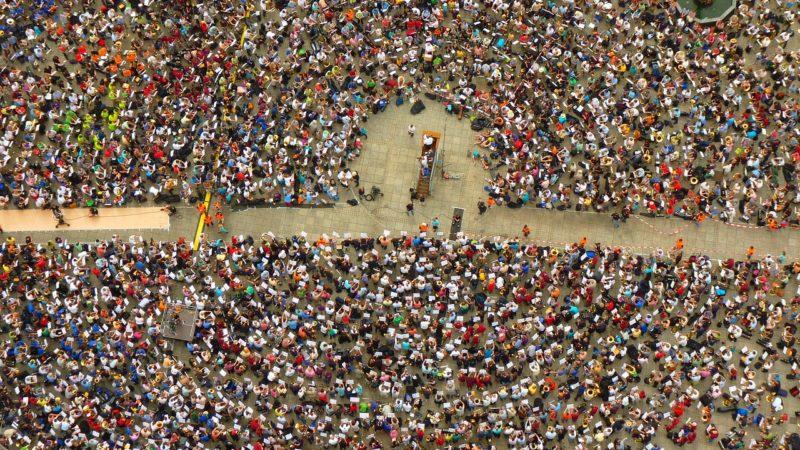UAE Foreign Minister Arrives in Israel ahead of Meeting with Lapid

On Wednesday evening, Sheikh Abdullah bin Zayed Al Nahyan, the Foreign Minister of the United Arab Emirates, arrived in Israel.
He is due for a meeting with Israeli Prime Minister Yair Lapid on Thursday. This visit is the two-year anniversary of the historic peace agreement called the Abraham Accords signed between the two countries.
The schedule
Late Wednesday, the Prime Minister’s Office released a scheduled outlining the joint events. Lapid will greet the foreign minister in his office at 3:30 p.m.
After that, there will be a short private meeting between the two and a broader work meeting that includes their aides.
The two of them will then give televised statements at 4:15 p.m. Mohamed Al Khajah, the UAE envoy, is also hosting a reception in the evening that Bin Zayed will attend.
This reception is in honor of the accords’ anniversary. Other people in attendance include Israel’s President Isaac Herzog and his wife, Michal Herzog.
The visit had first been reported in the previous week, which indicated that the top diplomat of the Emirates would also meet with President Herzog.
Some of the other people that he will meet include Alternate Prime Minister Naftali Bennett who is dealing with Iran-related issues and the leader of the opposition, Benjamin Netanyahu.
The Iran issue
In June, Bennett had met with Bin Zayed in Abu Dhabi when he had still been the prime minister, and they had had a snap meeting about the Iran nuclear talks.
The talks have now become stalled and they are likely going to be the top of the agenda in the meetings between Lapid and Bin Zayed on Thursday.
The UAE and Israel have chosen to approach the issue in different ways, with a more hawkish stance taken up by Jerusalem.
However, both countries have been pressing the United States to take a harder line in the negotiation talks with Iran about reviving the nuclear deal.
Last month, it was reported that there had been some progress, but the talks are not facing roadblocks.
The agreement
The European Union is playing the role of mediator in the said talks and last month, it put forward a draft for the agreement.
The United States and Iran then responded to the ‘final’ draft, with Washington claiming that the latter’s response had been a step back.
This pushed European powers to become doubtful about Tehran’s intentions of signing an agreement.
The primary sticking point in the talks are the three ongoing probes by the International Atomic Energy Agency into the nuclear activity of Iran.
The country is demanding that the investigation into a number of undeclared nuclear sites be stopped by the IAEA and Western powers are not in favor of it.
In recent days, senior Israeli officials said that the Biden administration had disclosed that a deal was unlikely before the mid-term elections scheduled in November in the US.
The last time the Emirati foreign minister had come to Israel had been for the Negev Summit in March, with US, Egyptian, Moroccan and Bahraini counterparts.



